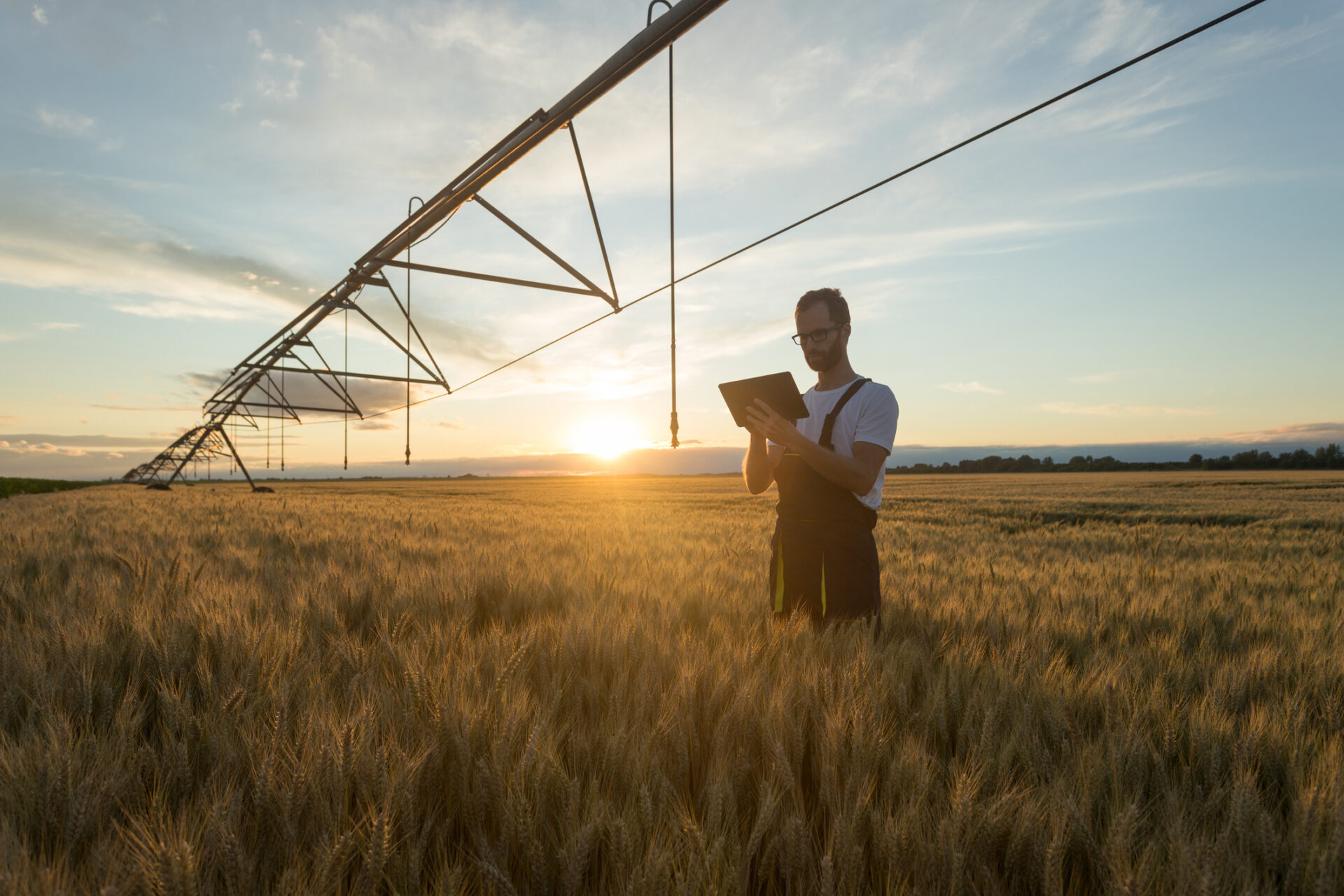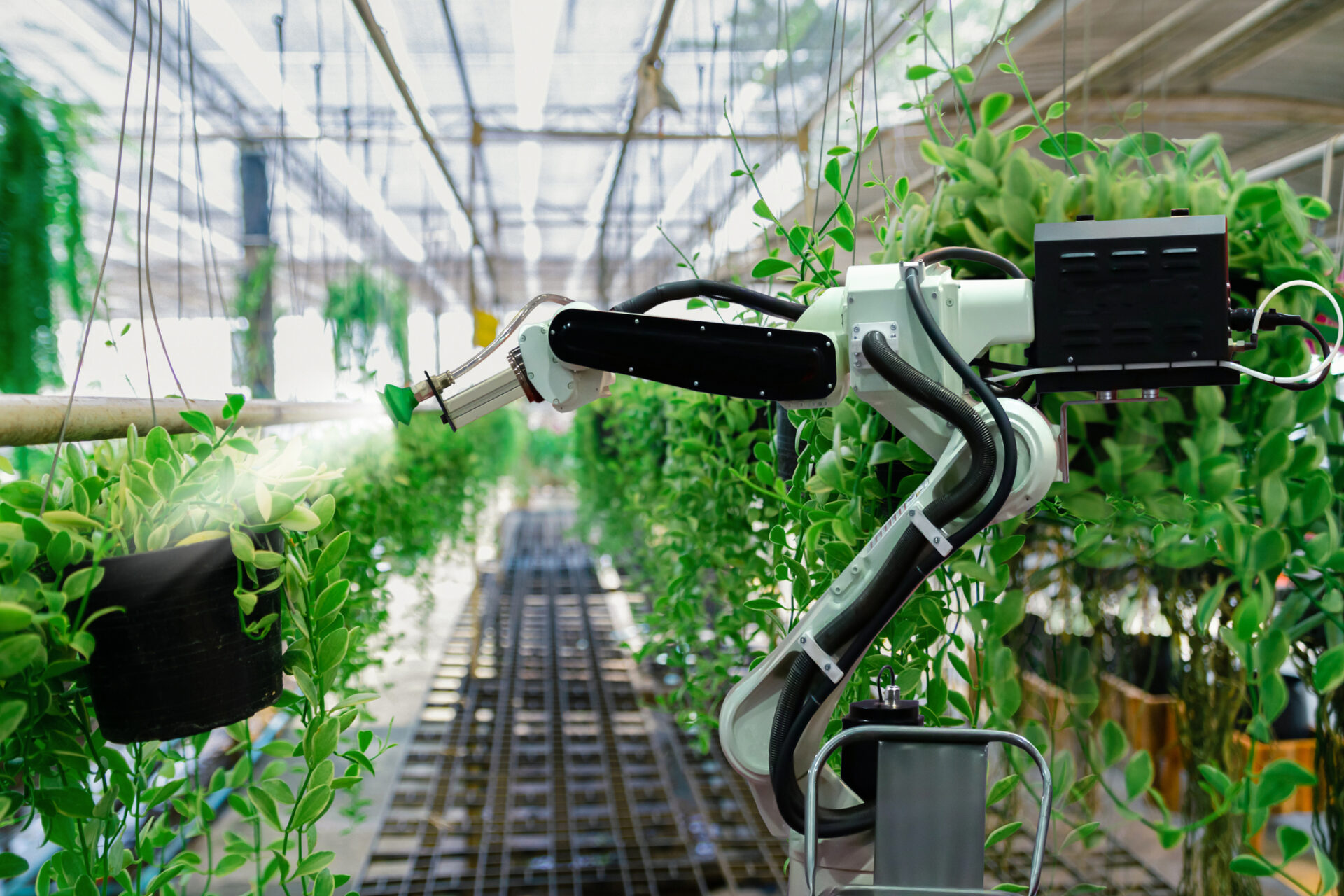For agtech startups, 2023 was a tough year for fundraising. They secured $4.6 billion in funding during the first three quarters of 2023, but that number is down significantly from the $10.7 billion raised last year and $12.2 billion in 2021, according to Global Agtech Initiative. CropLife reports that even though the number of agtech startups raising venture capital has increased for three straight quarters, the average round size has fallen during the same time.
In other words, more agtechs are getting funding, but they’re receiving smaller amounts of money. As a result, they’ll need to find ways to do more with less or turn to more creative funding options.
Equipment — lab space, offices, and tools, to name a few — can astronomically increase costs for startups. By contrast, flexible financing solutions for such equipment can drive scalability and enable an organization to reach milestones sooner because it allows startups to focus their cash on growing the business.
Equipment financing solutions also address head on a few of the key major challenges startups face right now when it comes to securing financing.

It takes significant cash to launch a new startup
It can cost hundreds of thousands to millions of dollars to launch a new agtech startup; type of facility, equipment and technology required to launch significantly impacts this cost.
Setting up a lab, manufacturing facility, or office space can devour equity and leave little left over for vital investments that drive growth, such as R&D, hiring skilled employees, and marketing and sales.
The solution to this is equipment leasing, a source of non-dilutive funding that allows startups to spread payments on equipment and technology over a longer term. This can enable a startup to build out a facility while preserving equity.
Instead of purchasing expensive equipment or technology upfront, the equipment lessor purchases the equipment and then leases it to the startup with an affordable monthly payment. The startup can in turn allocate more of its equity to higher ROI initiatives.

Middle market agtechs are running low on cash
We’re seeing some evidence that investors are shifting to focus more on early-stage businesses, where they can invest lower amounts of money, or later-stage businesses that are already established in the market and pose less risk. Middle markets could find it even more challenging to raise the funds required to scale.
A sale leaseback on equipment can inject some cash into the business, increase cash flow, and provide the funding needed to invest in growth. With a sale leaseback, a lessor buys the equipment the business has already purchased and leases it back to them at an affordable, predictable monthly payment.
Depending on the type of equipment, businesses may even receive 100% reimbursement on the equipment they already own, so this option can be a savvy way to stretch the cash runway.

Agtechs deal with a long sales cycle
Increasing adoptions of cutting-edge technology can be instrumental in helping farmers and growers overcome the mounting challenges they’re facing — and they’re open to adopting this new tech.
The challenge for agtechs who are selling solutions is that their customer base can’t always afford them. Even when they can, they want to prove both the value and ROI first. Especially in cases where the solution is a big investment, customers want to test the product first, and if they only have one grow season, it could be a full year before they’re ready to go all in.
Additionally, customers may not be willing to take the risk to test brand-new solutions. Either way, agtech companies should be prepared for it to take a long time to close a sale.
Hardware-as-a-Service (HaaS), a model where businesses bundle hardware, software, maintenance, and other services in one package, can get solutions into the hands of growers and farmers more quickly.
With HaaS, agtech businesses deploy their solutions to customers’ properties and charge their customers a monthly fee. Customers don’t have to come up with upfront costs or large down payments to purchase the equipment, and a monthly fee poses less risk for them. Businesses benefit by converting a one-time sale into recurring revenue.
For agtechs that want to offer a HaaS option, an equipment lease can provide businesses with the funds required to manufacture their solutions so they can then lease them to customers.
Find out if equipment leasing is right for you
Growing consensus amongst tech VCs is that the funding winter — and the accompanying layoffs and cost-cutting measures — is not yet over. For startups, this is a time to think creatively about the best road to finance that will enable the organization to get its products into customers hands quickly and cost effectively.
If you are looking for a cleaner, more flexible source of financing, contact Jordan Stowe, director at CSC Leasing, at [email protected] or 706-206-5622.




